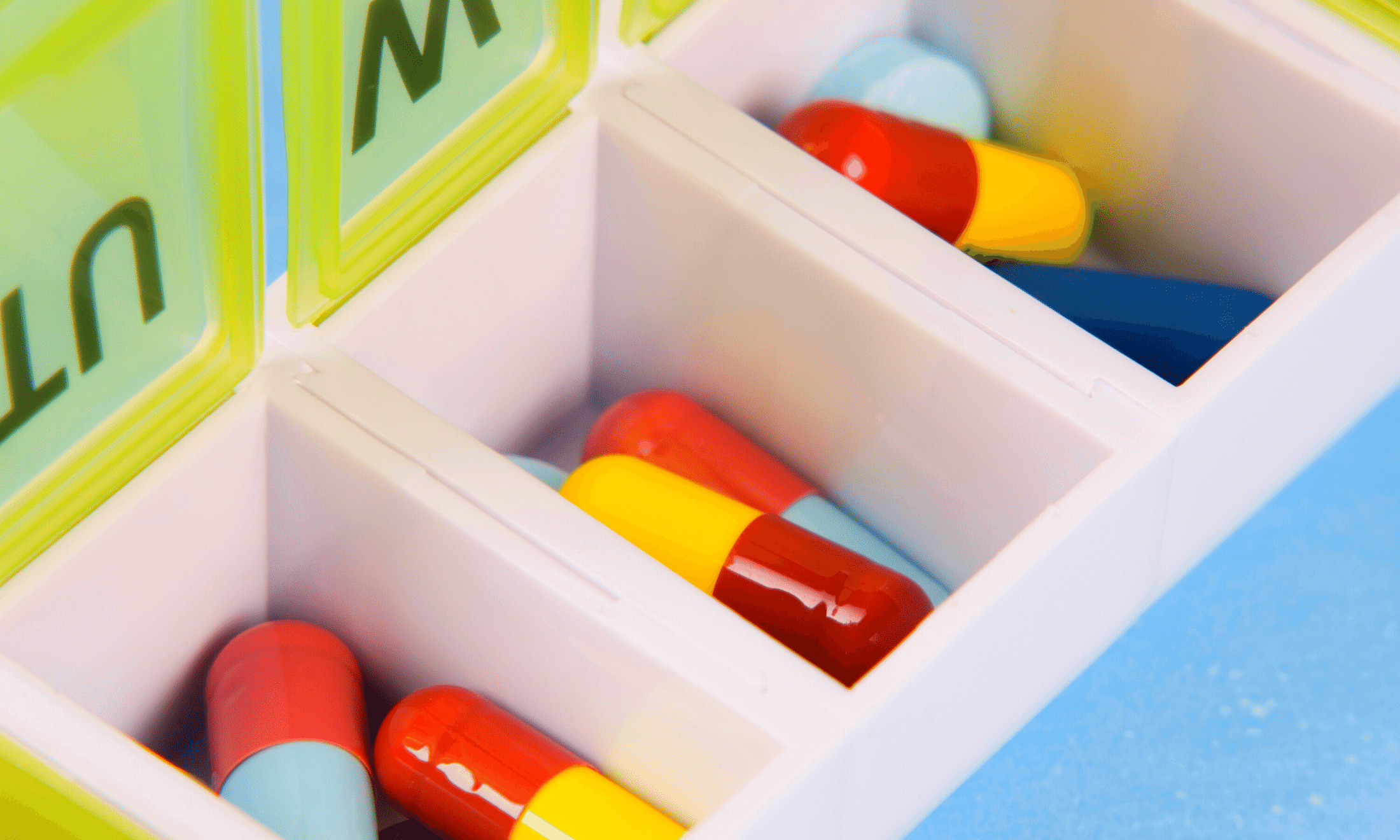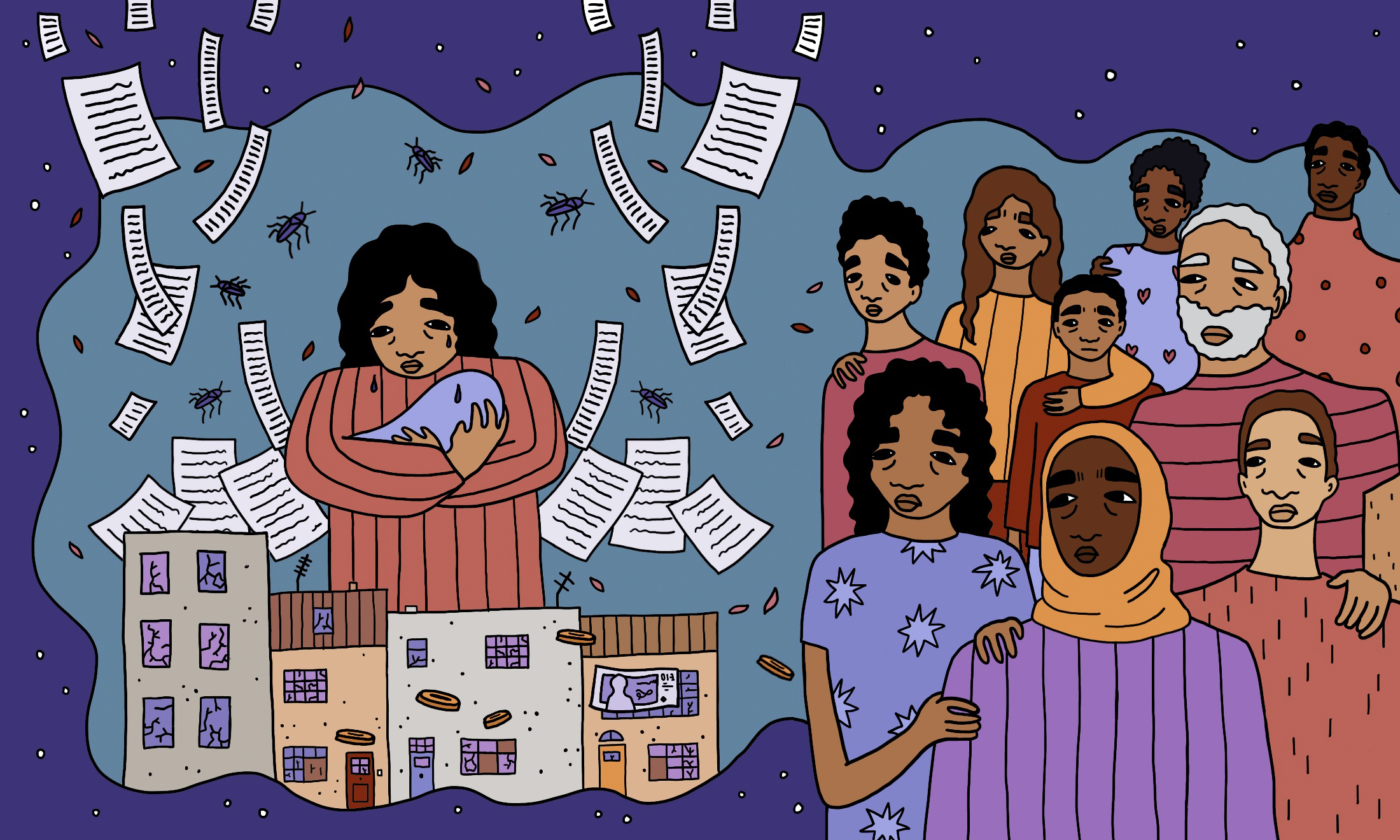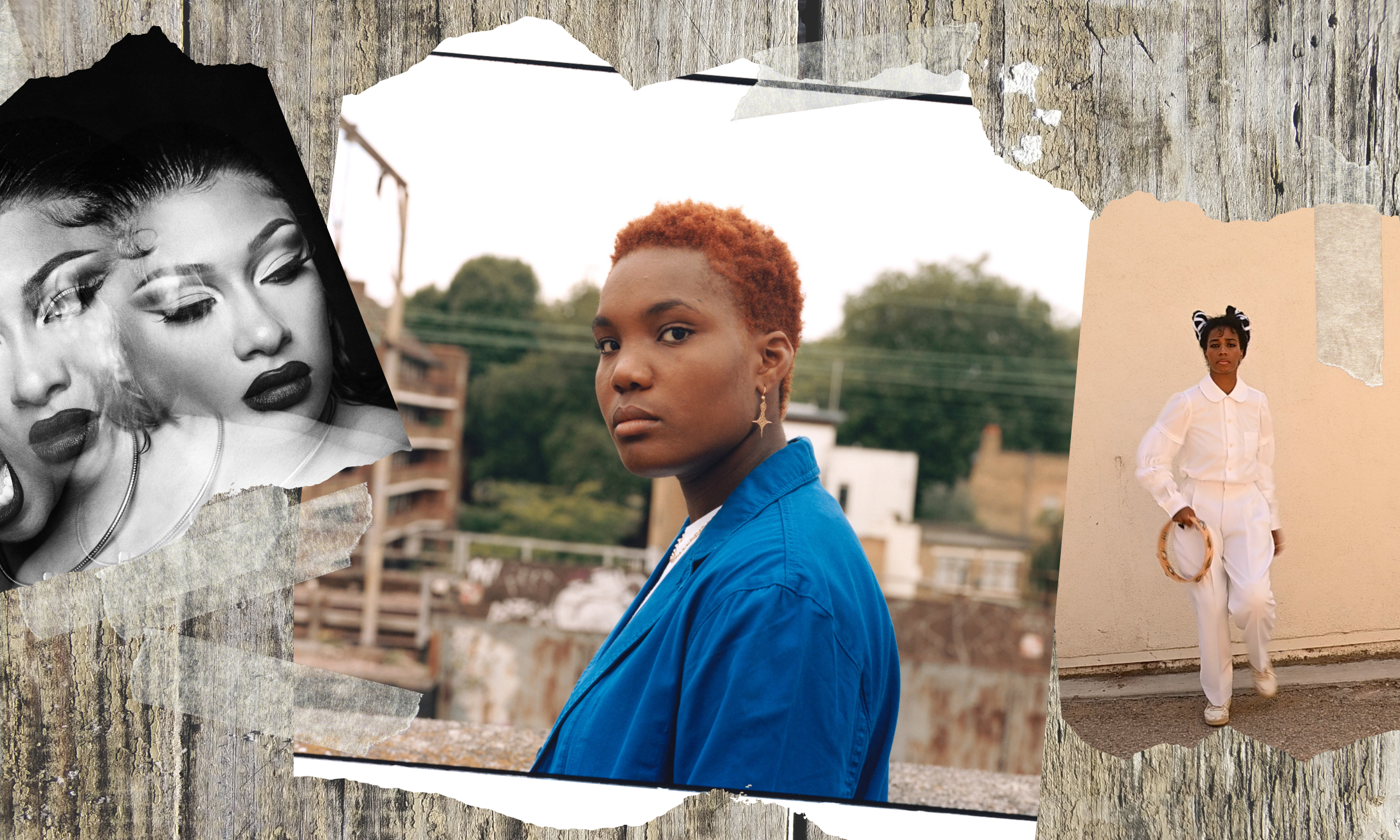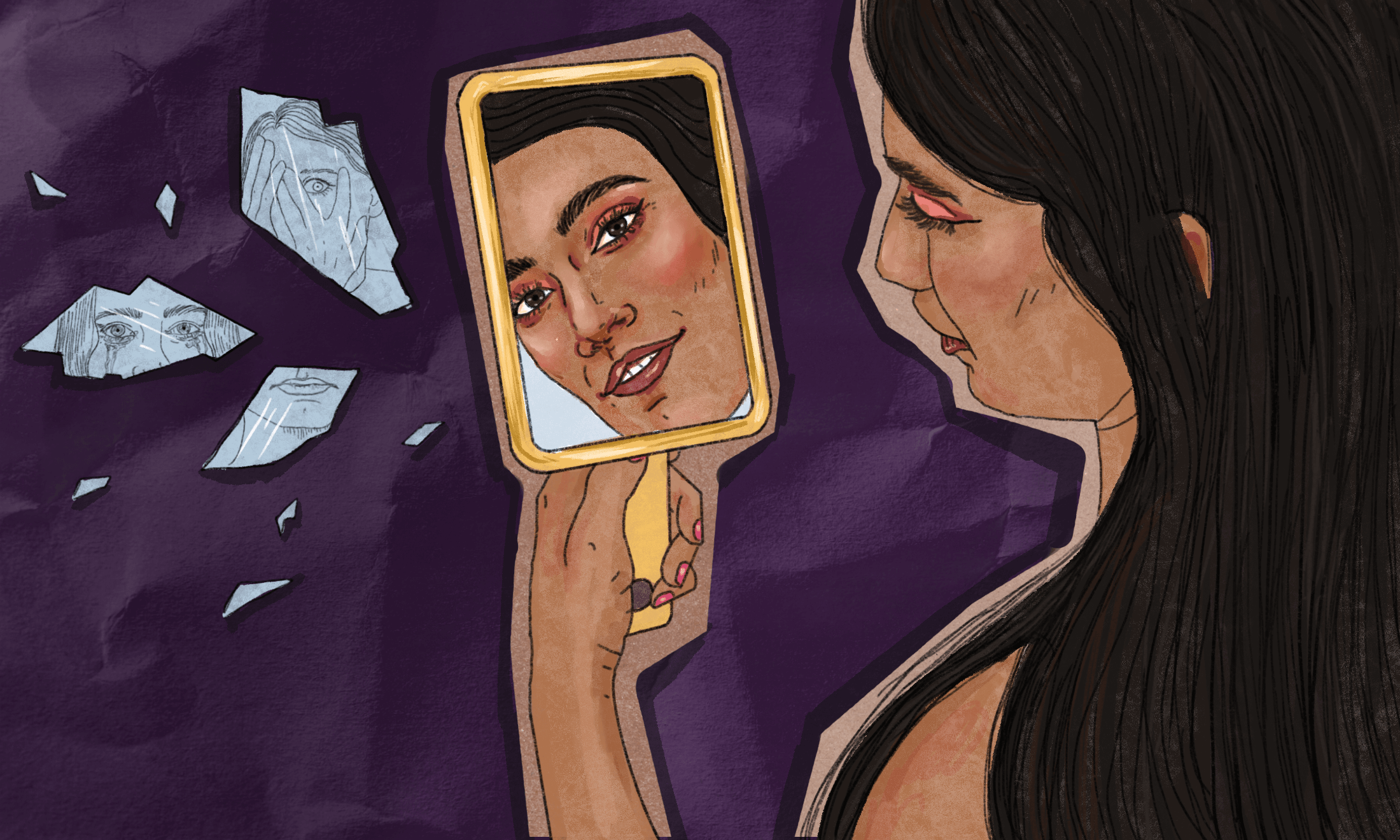
Canva
Why this time, antidepressants are working for me
It's been an emotional return to antidepressants, but this time Yas hopes they have a positive experience with medication.
Yas Necati and Editors
19 Mar 2022
Content warning: This article contains mention of suicide and self-harm. This article is also a reflection of the author’s personal experience and they made the decision to go on antidepressants with the support of a medical professional.
I’ve never seen a superhero take antidepressants. Despite being involved in conflict and violence almost every day. Despite most of them experiencing their friends and loved ones being kidnapped and sometimes even killed. Despite almost seeing the end of our world, other worlds, whole galaxies. How is every single one of them not in therapy right now?
It might all just be fiction, but how protagonists are written and portrayed reflects what we expect of each other. It doesn’t matter what we’ve experienced or witnessed, if we’ve recently gone through something difficult or if we’re entering the third year of a global pandemic; we’re expected to play acceptable characters – just to carry on as if we haven’t been hurting. I was a huge geek as a kid, so I wonder: if I’d seen a Power Ranger or Ninja Turtle actually struggle, cry, hurt sometimes with the weight of it all, would I have gotten support for my own mental health sooner? Would I have accepted that my pain, too, is valid?
“Now, for the first time, I feel like antidepressants are working for me”
This all feels especially relevant for me because at the beginning of 2022, I started a new course of Citalopram, a type of antidepressant. There have been times in my life when I refused to take antidepressants, times that I tried several different kinds consecutively and none of them worked for me, times that I’ve been fearful of them, hating of them, indifferent to them, intrigued by them, and hopeful of them. Now, for the first time, I feel like antidepressants are working for me. I’m trying to be open about the fact that I’m taking them, and in therapy, and that I’ve been struggling recently. This openness is not reflective of the society I grew up in, but I hope it can be reflective of our future.
I was 14 when I was first offered antidepressants and I said no. I was young, but the intervention was still too late. By that point, I had been self-harming for eight years and had a scary few weeks of wanting to end my life a few years prior. I was struggling but I didn’t have the language to talk about it. I was operating on a few hours of sleep each night because I was having delusions and hallucinations that were once friendly, but increasingly becoming darker and more sinister.
“I was scared that I’d be drugged and taken somewhere, so I refused to take any medication at all, so much so, I even never took paracetamol”
When I had initially rejected the antidepressants, I was having visions of a Matrix-style world in which I was being targeted by otherworldly forces (I wasn’t entirely clear about who or what they were, I just felt constantly terrified and on guard). I was scared that I’d be drugged and taken somewhere, so I refused to take any medication at all, so much so, I even never took paracetamol. I was referred to the Child and Adolescent Mental Health Service (CAMHS) in London where I saw a psychologist and a psychiatrist, but I was too distrusting at this point to properly engage with them. I don’t think antidepressants would have worked for me back then. I was terrified of them and if I was forced to take them, my mistrust in services would have only deepened.
After dropping out of college, working in charities, many years of talking therapy, living with friends and experiencing a few more mental health crisis points, I decided to try medication at the age of 22 to see if it would make any difference. By this point I was on a journalism apprenticeship and despite knowing how lucky I was to be there, I was barely making it to work each day, self-harming multiple times a week and having daily suicidal ideation. The waiting list for NHS therapy was over six months. In those months, I tried three different kinds of antidepressants for the first time because I couldn’t see any other options, but I still felt no different.
“I’ll keep dreaming of a world where there’s a Spiderman sequel where he gets PTSD-specialist therapy, tries Sertraline, joins a local ‘all-voices welcome’ choir and takes up yarn-bombing”
I’m not for or against antidepressants. Looking back, I know that at some points they weren’t right for me and at some points they weren’t anywhere near enough. This year, I’m trying them again, but I’ve changed a lot since the last time – I’ve processed a lot more trauma, gotten to know myself a lot deeper, and I’m leaning better into coping and thriving strategies. This time around, I’m living somewhere quieter, working fewer hours, more comfy in my transness, checking in with friends regularly, roller-skating every Friday, hosting queer board game nights once a week, and the antidepressants are just one coping strategy amongst all those other things (and more). Since starting them, I feel more faithful in myself. Existing feels more comfortable. I used to aim to feel anything, but now I aim to feel joy and gentleness.
I’m hoping for a future where our realities and our fiction stories recognise the humanity in breaking down and getting help. I know pharmaceutical intervention probably wouldn’t work for every superhero, but it might work for some of them. Alternatives to this include therapy, community care or getting passionate about a new hobby – most of the time effectively dealing with depression is a combination of all these things. And I’ll keep dreaming of a world where there’s a Spiderman sequel where he gets PTSD-specialist therapy, tries Sertraline, joins a local ‘all-voices welcome’ choir and takes up yarn-bombing.
Like what you’re reading? Our groundbreaking journalism relies on the crucial support of a community of gal-dem members. We would not be able to continue to hold truth to power in this industry without them, and you can support us from £5 per month – less than a weekly coffee.









